David Pressman and the Biden administration’s last-ditch effort perhaps best illustrates what lay in store for Hungary and the patriotic, pro-peace political forces, had Donald Trump not won last November's U.S. presidential race. Fortunately, the election's outcome favored Hungary, making Trump’s inauguration on January 20 the beginning of a new era. The world will see a fundamental change, and Hungary’s political and economic latitude will meaningfully expand. Let’s take a detailed look at what 2025 may hold!ó
Donald Trump heavily relies on Viktor Orban, with whom he held multiple consultations in recent months, including hosting him in Florida. Thismeeting between the two leaders on December 9 carries a significant message, as Hungary' prime minister was the first European leader Trump received at his private residence.
And the order of such meetings always matters, so it is worth recalling which state leaders Donald Trump has hosted in Florida since his election: on November 15, he welcomed Argentine President Javier Milei; on November 30, he met outgoing Canadian Prime Minister Justin Trudeau; on December 9, he hosted PM Viktor Orban of Hungary; and on January 4, he met Italian Prime Minister Giorgia Meloni. This latter meeting comes as no surprise, as Ms. Meloni, just like Mr. Orban, is a sovereigntist politician and an ally of Trump. However, it appears that Trump has a stronger affinity for Orban, relying on him more significantly. This is particularly important for Hungary, as Trump has promised swift peace creation following his inauguration on January 20. His vision bears strong similarities to what PM Orban has advocated for years. In contrast, PM Meloni has aligned more with Brussels’ stance on the war, which creates less agreement between her and Trump.
Following January 20,Hungary’s political and economic latitude will expand significantly, as the new U.S. administration shares Hungary’s position on numerous issues and regards Hungary's prime minister as the most important European partner. This is bound to produce an economic impact within a short amount of time,
including the bilateral agreement to avoid double taxation, which the Biden administration had suspended, and which Trump is expected to renegotiate to reach a new deal with the Hungarian government.
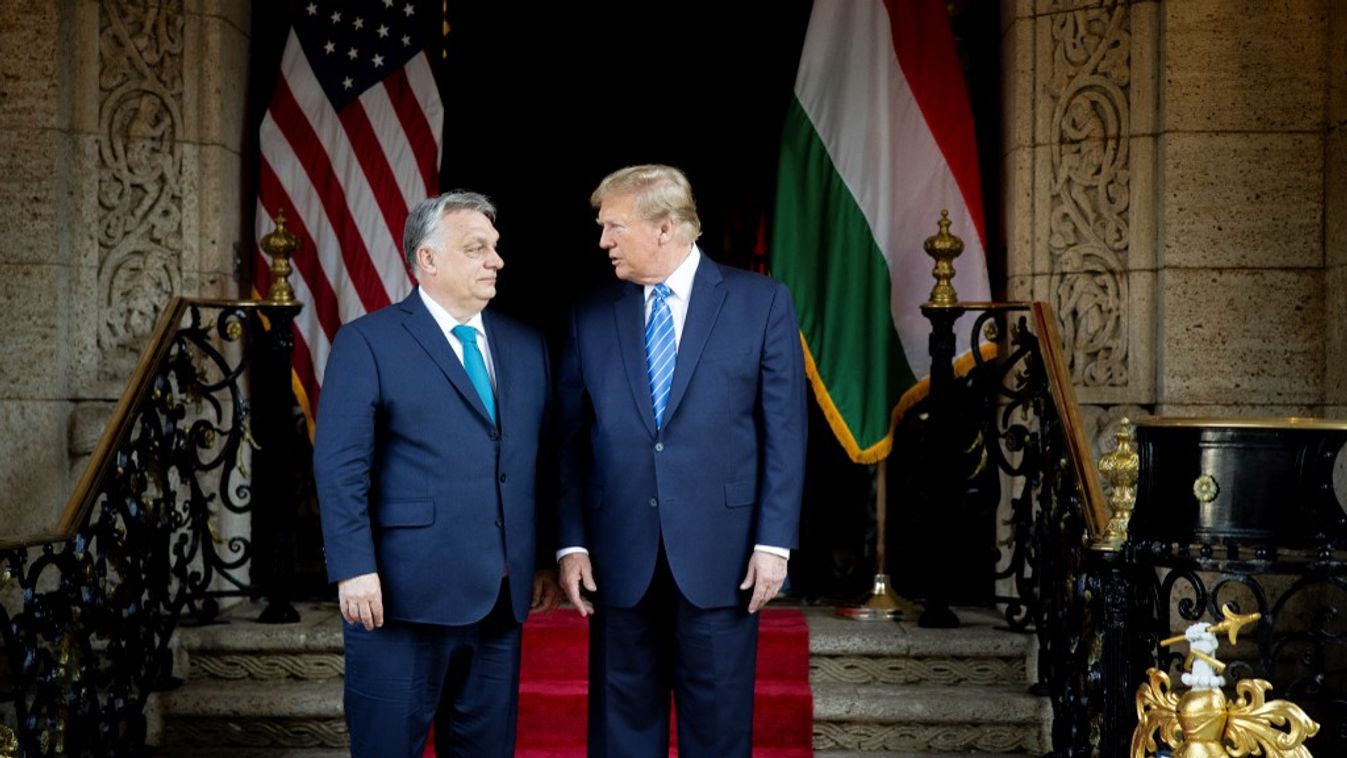
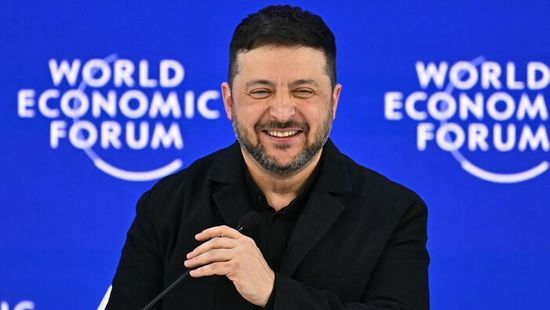
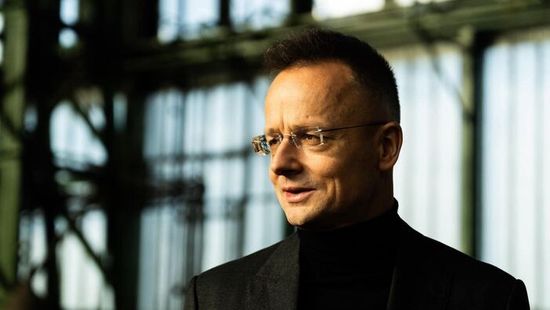
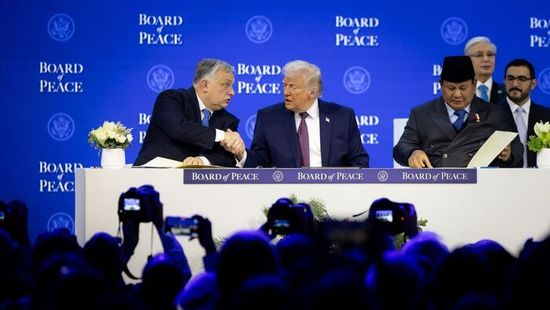
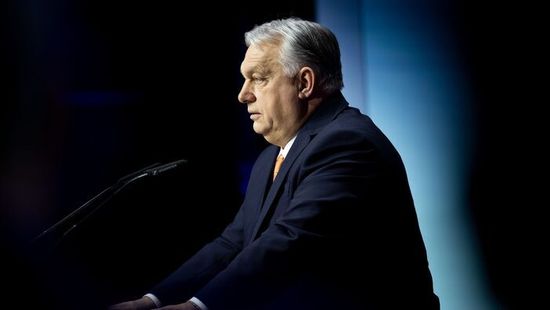


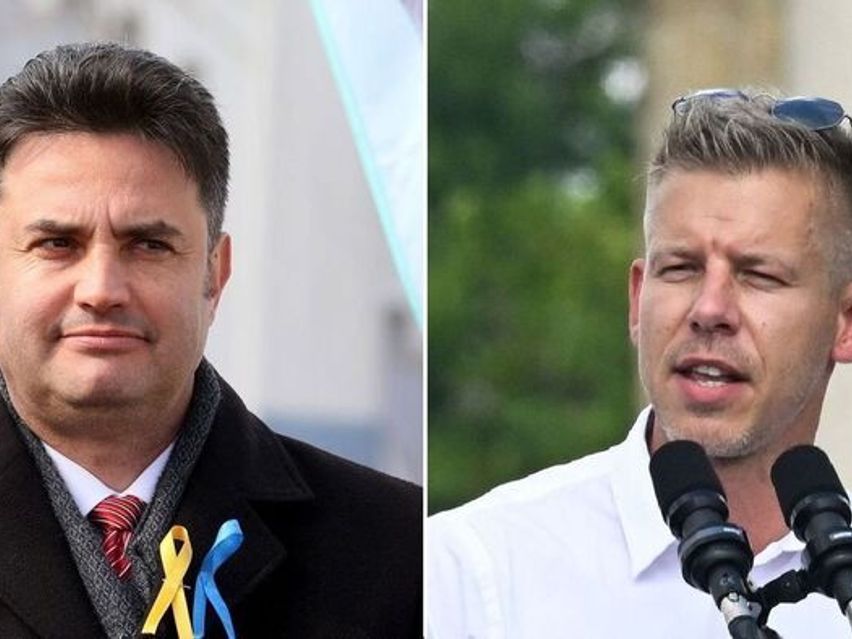



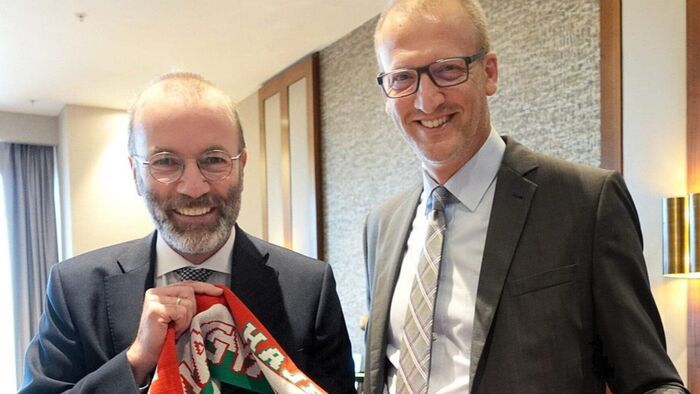
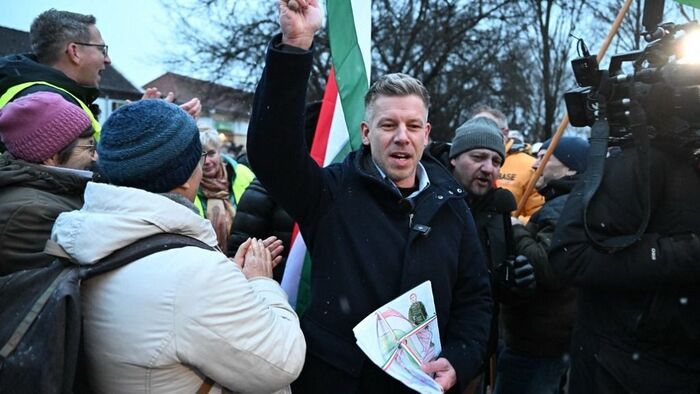
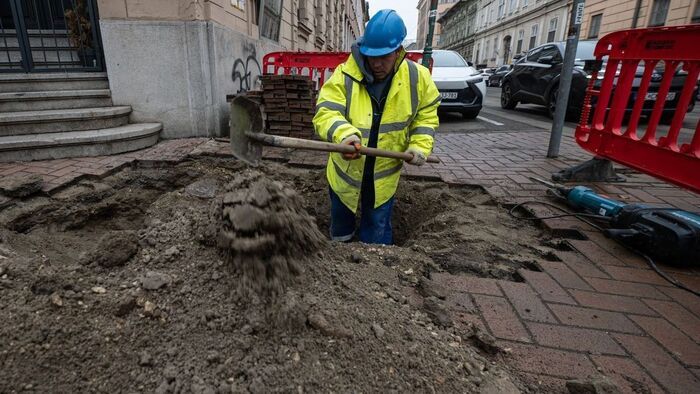

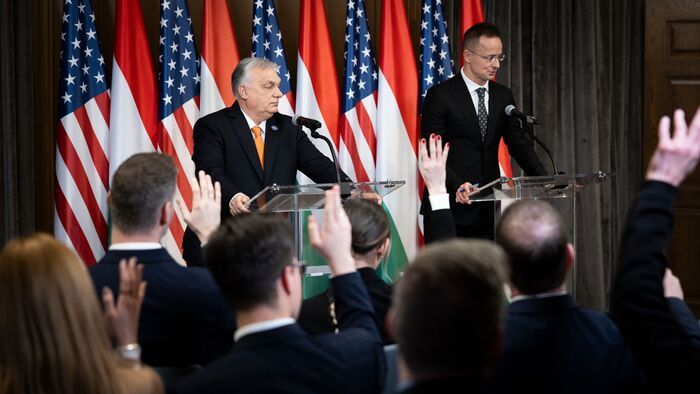
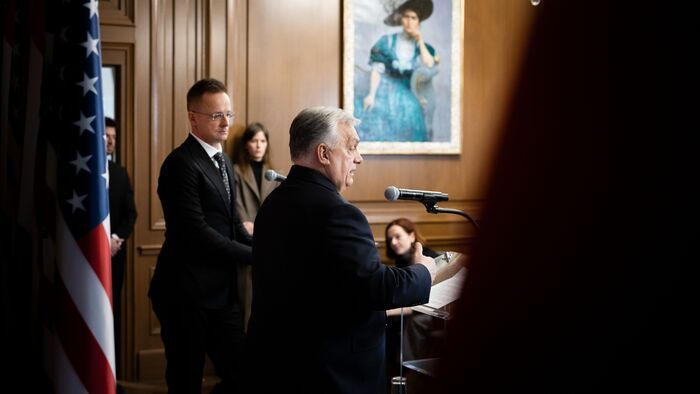
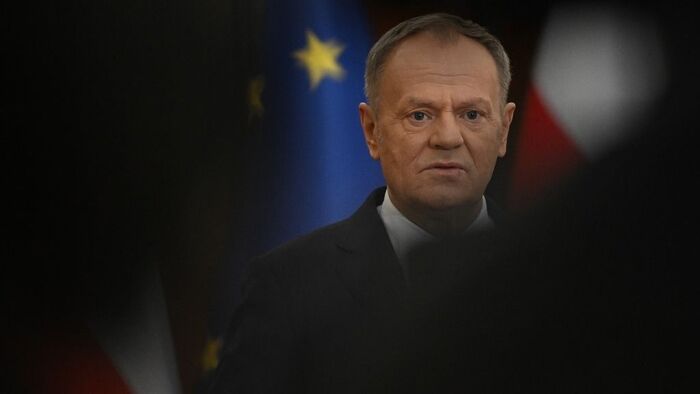
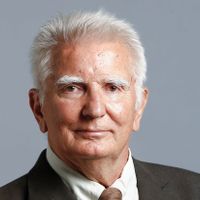


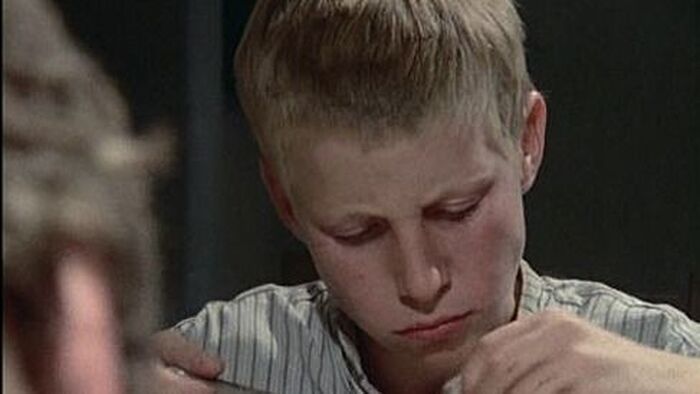

Szóljon hozzá!
Jelenleg csak a hozzászólások egy kis részét látja. Hozzászóláshoz és a további kommentek megtekintéséhez lépjen be, vagy regisztráljon!